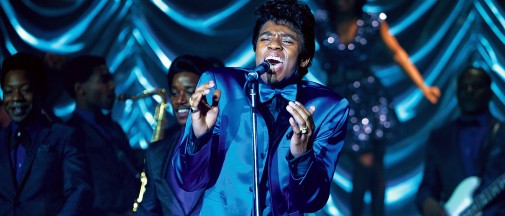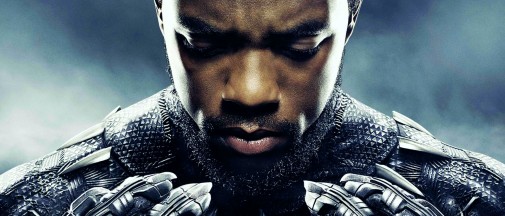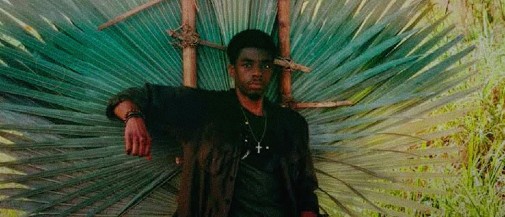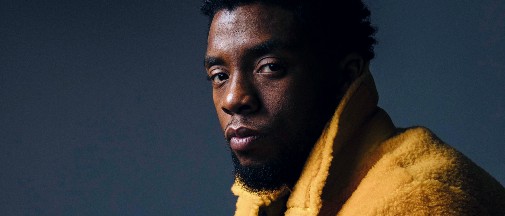— Chadwick Boseman (@chadwickboseman) August 29, 2020
Death comes to us all. It doesn't choose and it doesn't spare or take pity on anyone. Even if the temporariness is a necessity of life, loss can take us all by surprise. It also hurts, so much. Often, we don't even need to know a person to grieve their departure, to feel that the world became smaller without them, that there's now a void where a bright star used to shine. Chadwick Boseman was such a star...
Earlier tonight, the actor's family shared on his official twitter account that Chadwick Boseman had died after battling colon cancer for the past four years. He passed in his home, surrounded by a loving family, and he leaves behind an invaluable legacy. It can seem crass to think of cinema at a time like this, but Boseman persevered and worked through his illness, managing to complete a series of movies that will live on far longer than any of us.

Through works like 42, Get on Up, and Marshall, he helped to tell the stories of important Black men of the 20th Century, ensuring their legacy was perpetuated by the Silver Screen. If we die two deaths, one when we depart and another when no one remembers us anymore, Boseman dedicated part of his life to delay the second death of those men. Along the way, he inspired countless people.

Speaking of inspiration, as a white man, it's impossible for me to even imagine what Boseman meant to the Black community. As King T'Challa of Wakanda, he brought to the screen the most significant Black superhero in the current conjecture of pop culture. Black Panther was a historic triumph, taking African tradition and imagery into the Pantheon of popular entertainment seen all around the world.
There are little kids who might've grown surrounded by heroic figures plastered on billboards everywhere, never seeing in them a reflection of what they see in the mirror. Boseman became that hero for them, that reflection, that point of identification that brings with it a ray of precious hope. He did all that, including the strenuous physical work required by an action blockbuster between surgeries and chemotherapy. He was a hero in more ways than one.

One of his last performances was that of Stormin' Norman in Spike Lee's Da 5 Bloods. Another heroic icon whose legacy far outlived him, Boseman played the man in a star turn that now gains added importance and weightiness. In the movie, Norman only persists as a memory embellished by friendly devotion and fractured by trauma. He's a ghost, a harbinger of celestial forgiveness who offers atonement to those he once treated as his brothers in arms.
Looking at it now, it feels like a fatalistic farewell, as decisive as it is heartbreaking. One thing's for sure, like de Bloods never forgot Stormin' Norman, we'll never forget Chadwick Boseman. We'll never forget this performer who seemed to be just getting started and whose future seemed so golden. Just look at the headline on TFE's interview with Boseman at the time of Get on Up's release. He was meant for great things.

To put this sense of loss into words can be difficult, futile even, but it sometimes helps to share the burden of pain. Talk about Chadwick Boseman, remember him, honor him. For now, we can only be thankful that we got to see this great actor and even greater star, that we were privileged enough to live in the same world as this great man. Thank you.